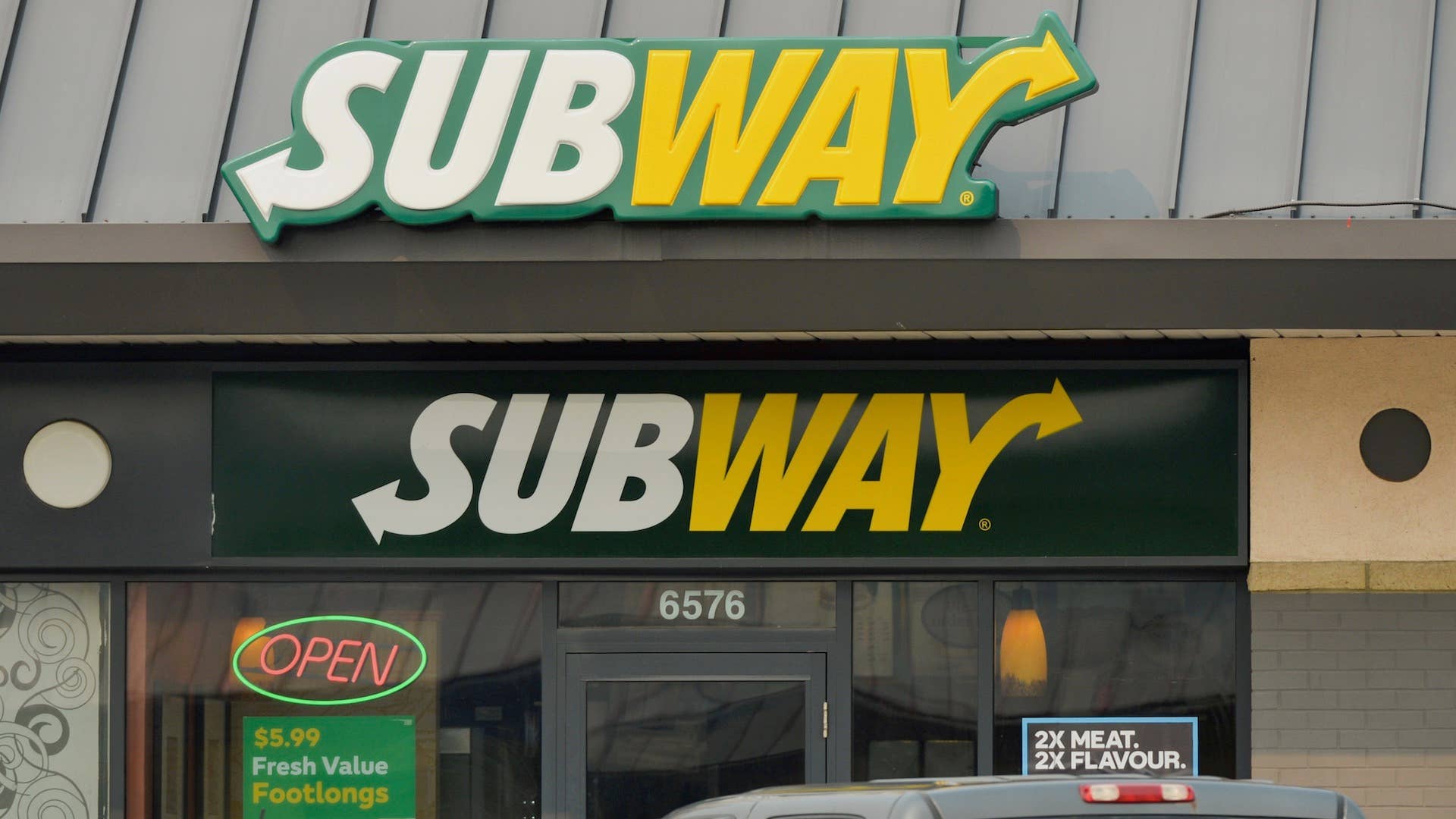
Subway’s mystery meat scandal simply won’t go away.
According to a class action lawsuit filed Monday in California, the popular sandwich chain has been accused of deceiving customers with its “100 percent tuna” claims. The complaint points to a series of tests conducted by a marine biologist who collected 20 samples of Subway tuna from different locations across Southern California. The tests reportedly found “no detectable tuna DNA sequences” in 19 of the samples; while all 20 contained detectable sequences of chicken DNA; 11 had traces of pork DNA; and seven contained cattle DNA.
“Defendants do not take sufficient measures to control or prevent the known risks of adulteration to its tuna products,” read the complaint, filed by Karen Dhanowa and Nilima Amin. “On the contrary, they actively perpetuate actions and steps that encourage mixing or allowing non-tuna ingredients to make their way into the tuna products.”
The filing marks the third version of Dhanowa and Amin’s lawsuit, the first of which was filed at the beginning of the year. Subway vehemently denied the claims and even launched a webpage that addressed the skepticism surrounding its tuna.
“The plaintiffs have filed three meritless complaints, changing their story each time,” a Subway spokesperson told The Hill. “This third, most recent amended claim, was filed only after their prior complaint was rightfully dismissed by a federal judge. Our legal team is in the process of evaluating the plaintiffs’ amended claim, and will once again file a new motion to dismiss this reckless and improper lawsuit. The fact remains that Subway tuna is real and strictly regulated by the FDA in the U.S., and other government entities around the world.”
According to Reuters, the plaintiffs are seeking unspecified damages for violations of California consumer protection laws.

